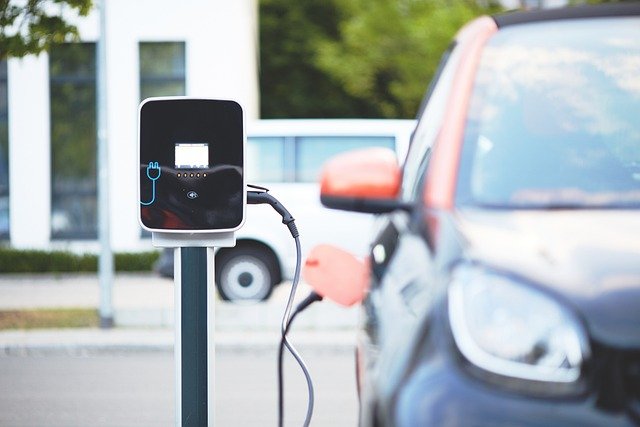The Rise of Electric Cars: What You Need to Know
Electric cars have been making waves in the automotive industry, transforming the way we think about transportation and environmental sustainability. As more consumers embrace this eco-friendly alternative to traditional gasoline-powered vehicles, it's essential to understand the key aspects of electric cars and their growing impact on our roads and society.

What exactly are electric cars and how do they work?
Electric cars, also known as electric vehicles (EVs), are automobiles that run on electricity stored in rechargeable batteries rather than gasoline or diesel fuel. These vehicles use one or more electric motors for propulsion, drawing power from a large battery pack typically located in the floor of the car. When the battery is depleted, it can be recharged by plugging the vehicle into an electric power source, either at home or at public charging stations.
What are the environmental benefits of electric cars?
One of the primary advantages of electric cars is their positive impact on the environment. Unlike conventional vehicles that emit harmful greenhouse gases, electric cars produce zero direct emissions while driving. This significant reduction in carbon footprint helps combat air pollution and mitigate climate change. Additionally, as electricity grids increasingly adopt renewable energy sources like solar and wind power, the overall environmental benefits of electric cars continue to grow.
How far can electric cars travel on a single charge?
Range anxiety, or the fear of running out of battery power during a journey, has been a concern for potential electric car buyers. However, advancements in battery technology have dramatically improved the driving range of electric vehicles. Many modern electric cars can travel between 200 to 300 miles on a single charge, with some high-end models exceeding 400 miles. This range is sufficient for most daily commutes and even longer trips, especially with the growing network of charging stations available.
Are electric cars more expensive than traditional vehicles?
While the initial purchase price of electric cars has historically been higher than their gasoline counterparts, the gap is narrowing as technology improves and production scales up. Moreover, the total cost of ownership for electric vehicles is often lower due to reduced fuel and maintenance costs. Many governments also offer incentives, such as tax credits or rebates, to encourage the adoption of electric cars, further offsetting the upfront cost.
What are the latest developments in electric car technology?
The electric car industry is rapidly evolving, with continuous improvements in battery technology, charging infrastructure, and vehicle performance. Recent advancements include faster charging times, with some models capable of adding hundreds of miles of range in just 15-20 minutes of charging. Additionally, manufacturers are developing more affordable electric cars with longer ranges, making them accessible to a broader range of consumers. Innovations in autonomous driving technology and vehicle-to-grid systems are also shaping the future of electric mobility.
How does electric car leasing work, and is it a good option?
Electric car leasing has become an increasingly popular option for those interested in driving an EV without the long-term commitment of ownership. Leasing allows drivers to experience the benefits of electric cars while potentially avoiding concerns about battery degradation or rapidly evolving technology. Many leasing agreements include maintenance and sometimes even charging costs, making it an attractive option for those new to electric vehicles.
When considering electric car leasing, it’s important to compare offers from different manufacturers and leasing companies. Here’s a comparison of some popular electric car leasing options:
| Model | Provider | Monthly Lease Cost (Estimate) | Lease Term | Mileage Allowance |
|---|---|---|---|---|
| Tesla Model 3 | Tesla | $399 - $499 | 36 months | 10,000 miles/year |
| Chevrolet Bolt EV | GM Financial | $269 - $329 | 36 months | 12,000 miles/year |
| Nissan Leaf | Nissan Motor Acceptance | $199 - $279 | 36 months | 10,000 miles/year |
| Hyundai Kona Electric | Hyundai Motor Finance | $299 - $399 | 36 months | 10,000 miles/year |
Prices, rates, or cost estimates mentioned in this article are based on the latest available information but may change over time. Independent research is advised before making financial decisions.
As electric cars continue to gain popularity, they are reshaping the automotive landscape and paving the way for a more sustainable future of transportation. With ongoing advancements in technology, expanding charging infrastructure, and increasing affordability, electric vehicles are poised to become an integral part of our daily lives. Whether you’re considering purchasing or leasing an electric car, understanding these key aspects will help you make an informed decision about embracing this innovative and eco-friendly mode of transport.




